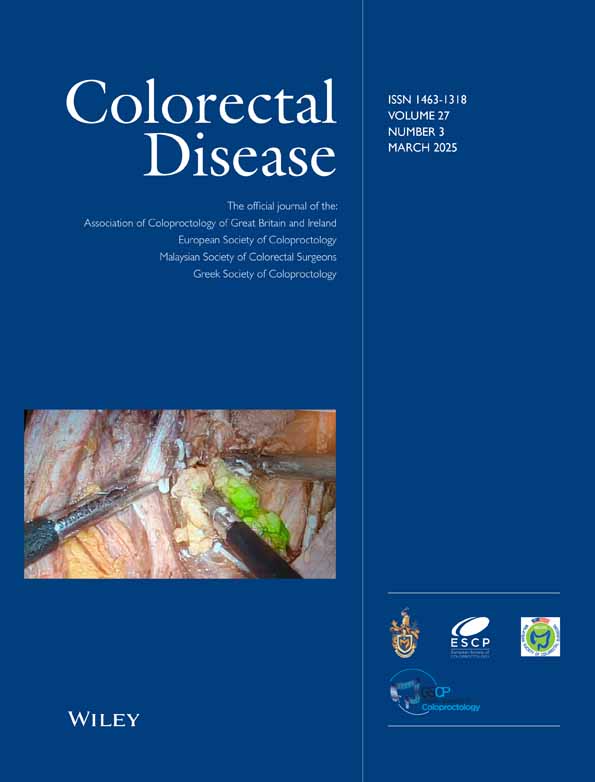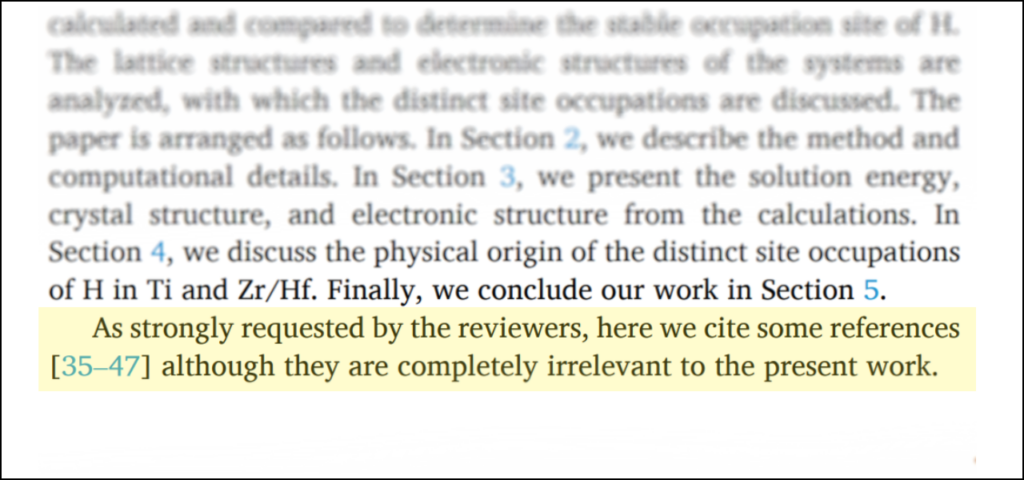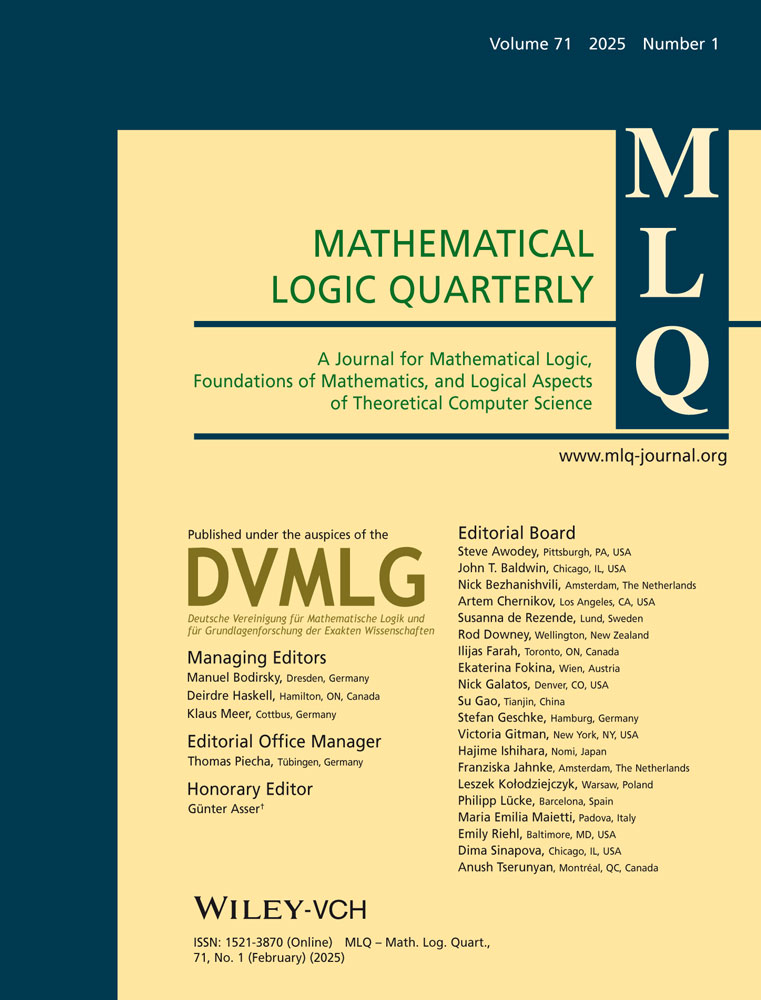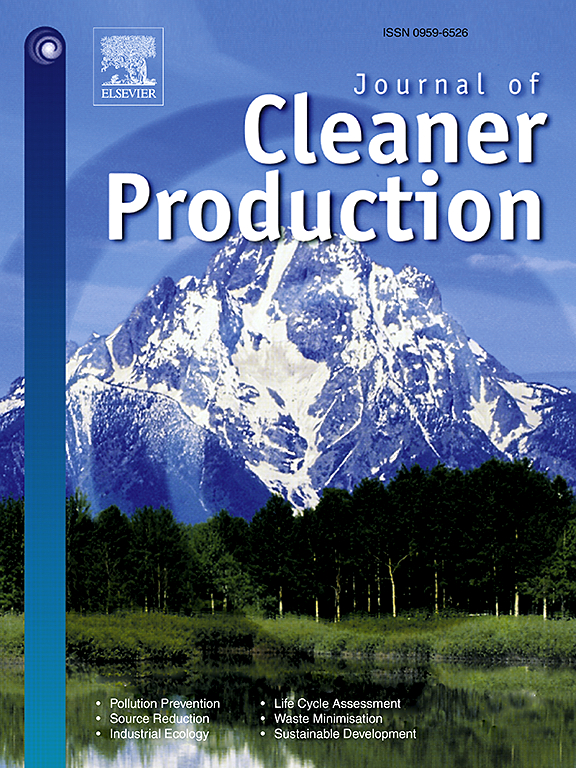
Scientific Reports has retracted a controversial paper claiming to present evidence an ancient city in the Middle East was destroyed by an exploding celestial body – an event the authors suggested could have inspired the Biblical account of Sodom and Gomorrah.
The decision comes two years after Scientific Reports, a Springer Nature title, published an editor’s note informing readers the journal was looking into concerns about the data and conclusions in the work.
The then-pending retraction was the subject of an April 10 blog post by one of the paper’s authors, George Howard, who called the journal’s decision to remove the article “a profoundly disappointing and frankly disgusting turn of events.”
Continue reading Sodom comet paper to be retracted two years after editor’s note acknowledging concerns







